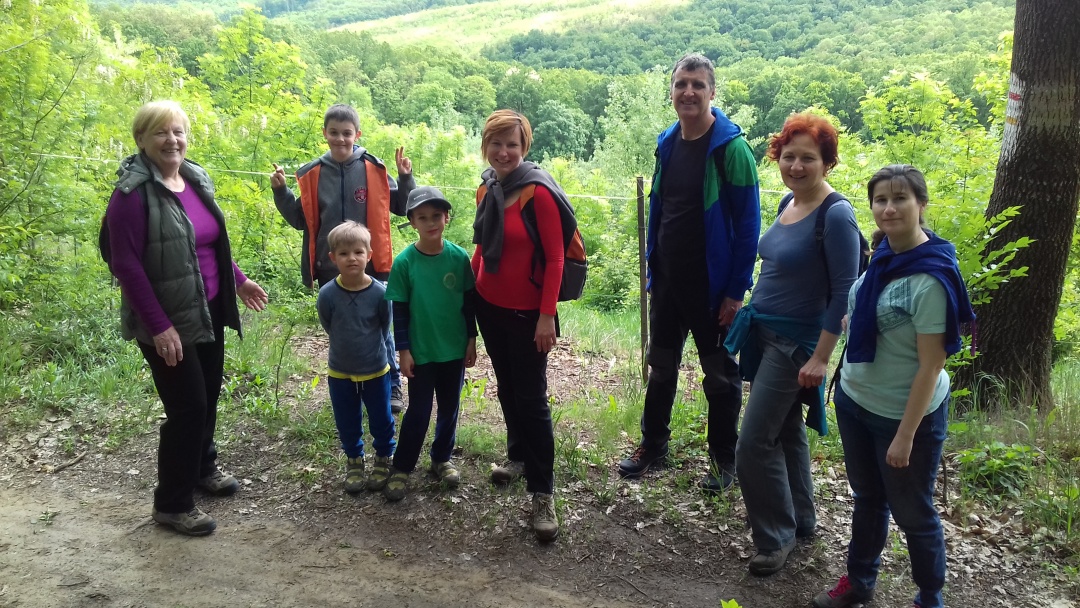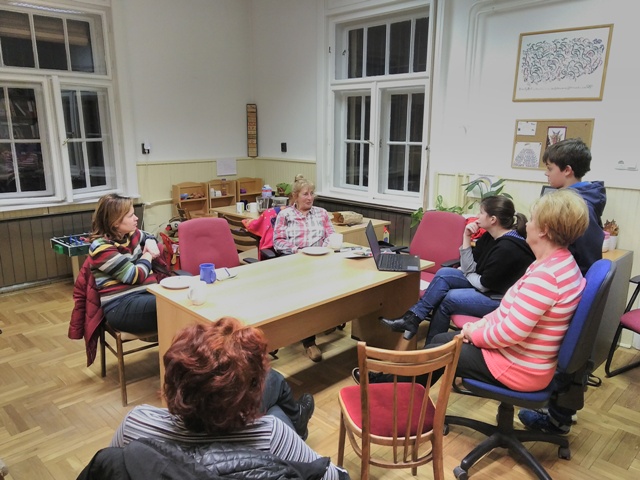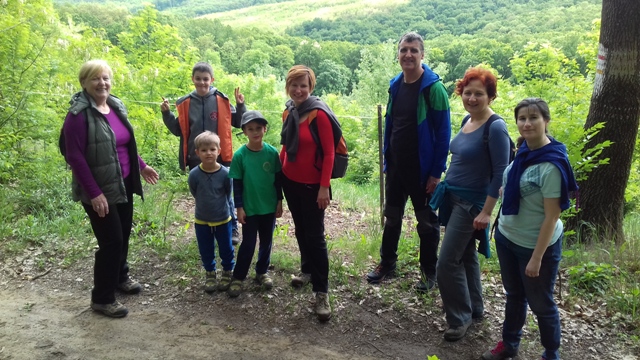
ELL participants went on to form an EnergyNeighbourhood
In Hungary participation in the ENERGISE Living Labs programme proved to be successful both in terms of energy savings achieved by households and in the dedication of participants. Out of the 41 households who joined the programme in August 2018, all of them carried through the entire ELL process. As many of the participants showed a high level of enthusiasm during the Living Lab challenges (i.e. halving the number of washing cycles and reducing indoor temperature), GreenDependent offered them an opportunity to continue with their energy saving efforts.
It was a happy coincidence that the 7th season of the EnergyNeighbourhoods Programme started in autumn 2018, and ELL participants were offered the opportunity to join this energy saving programme after finishing the challenges of the Living Labs in December 2018. In the EnergyNeighbourhoods competition, small groups (of families, friends, colleagues, etc.) are formed by 5-10 households, and compete for saving the largest amount of energy only through changing their behaviour and everyday consumption patterns, without reducing the quality of life. This programme seemed to be an ideal continuation of what ELL participants started through the Living Labs. Along with 14 other groups nationwide, one group was formed in the town of Gödöllő with the participation of 9 ELL members. The name of their group is 'Kikapcs’, which means ‘to turn off’in Hungarian.

Meeting of the group 'Kikapcs' in Gödöllő
Similarly to the ENERGISE Living Labs, there are challenges in this energy saving programme as well, which are called ‘creative tasks’. The first creative task was to conduct an energy audit in households to assess energy consumption patterns of each household, to find ‘weak points’ of their energy use and based on this to undertake three self-declared challenges during the competition.
The second creative task was to participate in a Carbon Fast to reduce the energy consumption of households. Participants were assisted with tips for a six-week period, such as having meatless Fridays, taking a night trip in their home to find equipment left in stand-by mode, having a joint family bath with kids to save water, making climate friendly lunch, or taking a trip to the mountains with friends or group members (as seen on the picture below) instead of sitting in front of the TV or online activities.

ELL group members went hiking in the scope of the second creative task, Carbon Fast of EnergyNeighbourhoods
The third task was to make a report about lessons learned from the undertakings within the first creative tasks, as well as to make a creative poster about low-carbon everydays in 2039.
The EnergyNeighbourhoods Programme will finish at the end of May with a closing event. Hopefully each group – including the one with ELL participants – will evaluate it as an effective and fun way to (further) reduce their energy consumption. The EnergyNeighbourhood of the Hungarian ELL participant managed to save 8.5% energy as a group, with some of them saving more, some less.
ELL participants invited to roundtable in local club
Along with the other ENERGISE partner organisations, GreenDependent also deems very important to share lessons learned from the Living Labs. Therefore, two ELL participants were invited to the Gödöllő Climate Club, which is a local club in the town of Gödöllő for discussing questions and sharing knowledge in connection with climate change and sustainable lifestyles. In the scope of a series about green lifestyle within the club, the two ELL participants – also members of the ELL group in the EnergyNeighbourhoods competition – will talk about their experiences about the Living Labs challenges, and how to save energy at home only through changing our behaviour as well as how they managed to confront their existing practices and norms about energy use in their homes.
Andrea Király, GreenDependent Institute